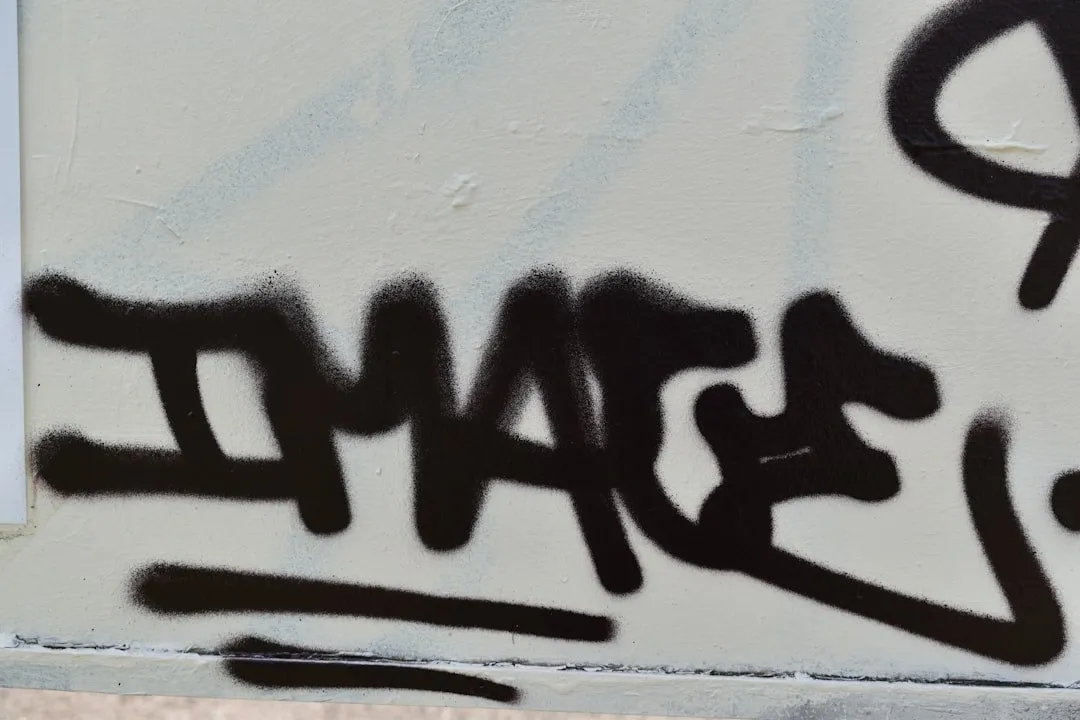Chronic Fatigue Syndrome (CFS) is a global condition marked by persistent fatigue and diverse symptoms, with no known cause. Kratom, derived from Mitragyna speciosa, has gained attention as a potential treatment for CFS due to its natural opioid properties. While kratom is currently legal in New York for medical and recreational use, it's classified as a Schedule I controlled substance and possession/distribution without a prescription is illegal. Before considering kratom for CFS management, New Yorkers must understand the condition and be aware of local laws regarding its legality.
Chronic Fatigue Syndrome (CFS) affects millions, causing persistent fatigue with no clear cause. This condition’s management remains a challenge, prompting exploration of alternative treatments like kratom. Often used for its analgesic and stimulant properties, kratom could offer relief to CFS sufferers. However, concerns about its legality, especially in New York, are prevalent. This article delves into CFS, its impact, the potential of kratom as a treatment option, and provides a comprehensive review of its legal status in New York, guiding patients towards informed decisions.
- Understanding Chronic Fatigue Syndrome and Its Impact
- Exploring Kratom as a Potential Treatment Option
- Is Kratom Legal in New York? A Comprehensive Review
Understanding Chronic Fatigue Syndrome and Its Impact

Chronic Fatigue Syndrome (CFS) is a complex condition characterized by extreme fatigue that doesn’t improve with rest. It impacts millions worldwide, affecting daily life and overall well-being. Individuals with CFS often experience a wide range of symptoms, including cognitive difficulties, sleep problems, and joint pain, which can significantly reduce their quality of life. The exact cause of CFS remains unknown, making management challenging.
In New York, the legal status of kratom is a topic of interest for many seeking alternative treatment options. Kratom, derived from the plant Mitragyna speciosa, has gained attention for its potential benefits in managing chronic pain and fatigue. However, its legality varies across states, and New York has specific regulations regarding the sale and possession of kratom. Understanding CFS and its impact is crucial before exploring any treatment method, including herbal supplements like kratom, ensuring individuals make informed decisions about their health.
Exploring Kratom as a Potential Treatment Option

Kratom, derived from the tropical plant Mitragyna speciosa, has gained attention as a potential treatment for Chronic Fatigue Syndrome (CFS). While its use as a remedy for fatigue and pain is not new, recent studies are exploring its therapeutic benefits specifically for CFS patients. The natural opioid properties of kratom may offer relief by interacting with the body’s endocannabinoid system, which plays a role in regulating energy levels and mood.
In terms of legality, the status of kratom varies across regions. In New York, for instance, kratom is currently legal for both medical and recreational use, making it accessible to those seeking alternative treatment options. However, it’s essential to remember that regulations can change, so staying informed about local laws is crucial before considering kratom as a management strategy for CFS or any other condition.
Is Kratom Legal in New York? A Comprehensive Review

In New York, the legal status of Kratom has evolved over time, leaving many residents wondering about its current regulations. According to state laws, Mitragyna speciosa, commonly known as Kratom, is classified as a Schedule I controlled substance. This classification indicates that it has a high potential for abuse and no accepted medical use. However, the legal landscape becomes more complex when considering exceptions and varying interpretations.
While Kratom remains strictly regulated, some forms of the plant and its derivatives may be available for purchase in certain stores or online. It’s crucial to note that possession, sale, and distribution of Kratom without a valid prescription carry significant legal repercussions. New Yorkers should exercise caution and stay informed about local laws as they continue to change.
Chronic Fatigue Syndrome (CFS) management has evolved with the exploration of alternative treatments like kratom. While understanding CFS and its impact is crucial, the legality of kratom in New York, as comprehensively reviewed in this article, plays a significant role in access to potential relief. Given the varying legal status across states, individuals seeking kratom as a treatment option must be aware of local regulations, particularly in New York, to ensure safe and legal use. Further research and open dialogue with healthcare providers are encouraged to explore the benefits and risks of kratom for CFS management.














